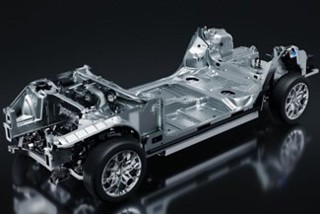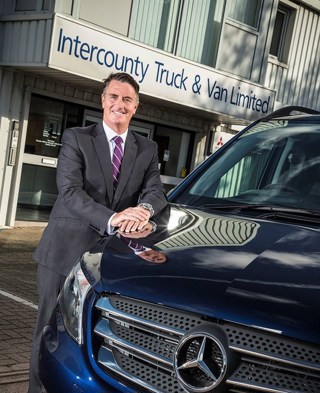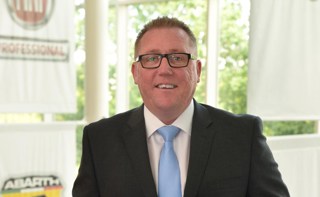Replacing Geoff Brady, who retains a non-executive role, Ramsay is the operations expert with a three-year plan to turn the network – 48 outlets in the London, Manchester and Birmingham regions – into a “benchmark” for automotive retail.
“Geoff’s focus was to start up the business and invest in facilities to create the structure; my focus is on the operations side, to stabilise and get back to basics. And we have a long way to go on customer service,” says Ramsay, whose background includes a spell at Lex Service.
His personal crusade is to evolve staff attitudes. Without irony, given DCUK Retail’s jaw-dropping investment in its showrooms, Ramsay believes culture, training, team working and customer handling are the keys to success, rather than facilities. “The task is to focus on behaviour attitudes – that’s one I will be championing myself,” he says.
“Customers have high expectations of the Mercedes brand and we have to match up. The plan is to develop a customer satisfaction strategy that incorporates the brand and the retailers. We will start to set quantifiable targets this month with a planned roll out to employees in 2005. It’s a three-year plan.”
Critics question whether DC can ever expect to make a return on its investment. “Clearly it’s a significant investment in the short-term and long-term,” says Ramsay. “But the purpose is to improve our representation and offer customers the best facilities.”
The returns will come from synergies and centralisation, while improved customer service will boost retention. A growing – and ageing – car parc means more used car sales and aftersales business in the four-to-six year segment. “That’s where we get operational profits.”
Ramsay’s immediate challenge is to tackle high occupancy costs and servicing/ repair lead times at DCUK Retail’s London region, which consists of 28 dealerships and five Direct used car sites. Several properties are still short-term leases – Ramsay wants permanent sites, and has earmarked six priorities. The Brooklands brand centre in Surrey, meanwhile, is likely to be ready in 2006 after well publicised planning delays.
“The challenge in London is finding the right site and getting it at the right price – it doesn’t always go to plan,” says Ramsay. “We need to be confident we can get return on the investment. It’s easy to go surpass budgets when you get into a bidding war for a prime site.”
The Manchester and Birmingham areas will be completed by the end of the year. Initiatives piloted there, such as the parts distribution hubs and call centre, will eventually be adopted in London. Performance is measured internally – from KPIs within the wholly-owned network – and externally against plcs and DCAG’s European template. “From an operational view and some of the KPIs, we are in line with national trends,” says Ramsay.
So how long will he remain in the job? Ramsay looks at a three-year cycle: Year one – understand the business and make adjustments; Year two – roll out new initiatives; Year three – prepare the business for the next person. “We want DCR to be the benchmark for retailing and that’s a three-year task,” he says.

















Login to comment
Comments
No comments have been made yet.